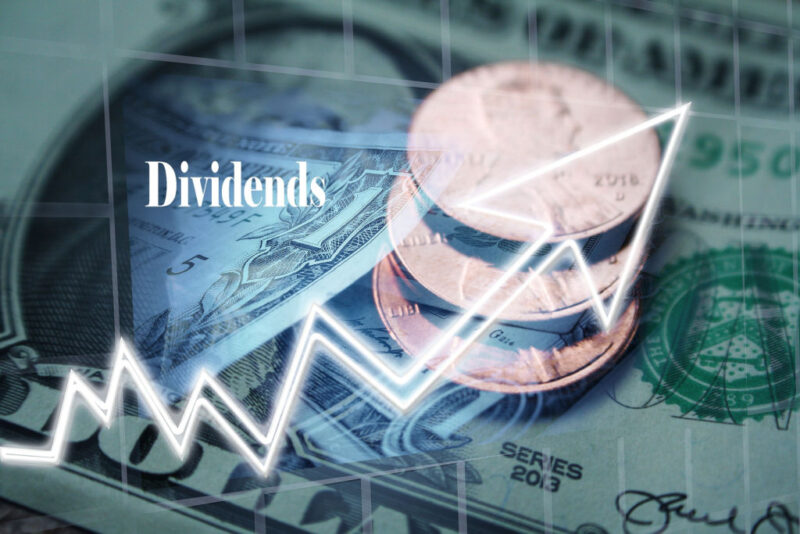Are you still with us, dear investors? I wouldn’t blame you for giving up… There’s the prospect of inflation at 22%, energy rationing, industrial shutdowns, a three-day work week, cold homes, terrifying energy bills, nuclear war, visiting relatives, and plenty more for you to worry about this winter. You might be wondering what could possibly go well. How do you make money in a slow-motion train wreck?
Well, the runaway train is not yet moving fast enough to prevent you from jumping off. You just have to pick the right spot to make the leap. There is no use landing yourself in an even bigger mess, is there?
Today, we ask which investments could outperform in the face of… well, everything that’s going wrong.
The first thing to do is to abandon what isn’t working.
We’ve been warning about the absurdity of owning bonds for a long time now. Their yield doesn’t come close to compensating you for inflation. And their ability to preserve capital has slumped as a result.
UK government bonds have sold off more than the FTSE 100 this year. And they are not even close, with the iShares Core UK Gilts UCITS ETF down more than 20% while the FTSE 100 is almost flat at the time of writing…
Remember, bonds were supposed to protect and preserve your capital during a crisis…
Financial advisers have long been recommending people increase their allocations to bonds as they get older because they offer peace of mind.
Instead, bond owners got a piece of inflation’s mind…
Tech stocks are performing even worse, having crashed this year. But at least they offered the potential for outsized gains. The Nasdaq’s index is still up dramatically if you go back more than two years.
But there’s a good reason they’re down this year. They struggle during periods of inflation, tight monetary policy and market downturns. We’ve had all three.
Which brings me to my first solution for a miserable market during miserable times. Some stocks have so much risk, which is synonymous with potential in finance-speak, that the overall market’s performance is less relevant to their returns.
Let me explain that carefully. I’m talking about something called “beta”.
A stock’s beta tells you how it will perform relative to the stock market broadly.
For example, Rolls-Royce PLC has a beta of 1.71 according to Yahoo Finance. This means that, should the FTSE 100 go up 1%, then you’d expect Rolls-Royce PLC to go up 1.71% on a typical day. If the FTSE 100 goes up 2%, then Rolls-Royce PLC would be expected to rise 3.42%.
Of course, it doesn’t actually happen exactly like that. But beta does tell you about a stock’s characteristics and what to expect.
There are many ways of calculating beta, but let’s put that aside. The underlying idea is how volatile a stock is relative to its peers. How risky it is, in other words.
Big boring stocks tend to have a beta around one. That is a bit of a tautology because they make up the FTSE 100 itself.
Some stocks have a very low beta, making them “defensive”. They don’t move up or down much. Utilities and consumer staples are a good example. Well, they are usually – but perhaps not so much during an energy crisis and food price spike…
Still, people buy things from such firms regardless of what’s going on, making their earnings and dividends more reliable. They don’t go up and down as much.
Some investments even have a beta below zero. This means that they go down when the stockmarket goes up, and vice versa. Gold stocks can do this, but only sometimes. That’s because gold can surge during crises. And so, while other stocks fall, gold miners can perform well.
That hasn’t happened during the recent crash. Despite gold holding up better than stocks, the energy crisis and tighter monetary policy has hit gold miners’ earnings hard. And so gold stocks fell with the rest of the market.
Anyway, one way of protecting yourself from a rough winter is to invest in stocks with a low or negative beta. They will become popular and get bid up as the wider market slumps.
Another option is to invest for income over capital gains. There’s a depressing amount of academic literature which argues that this is the right thing to do anyway.
Capital gains are a fickle friend. Which is why governments have tax incentives for capital gains in so many places around the world. People need to be induced to gamble instead of invest.
But, historically speaking, owning shares should be like owning a small business. You get paid in profits. Otherwise, what’s the point?
In fact, dividends are, in the end, what creates the underlying value of a share. If the stock of a company with an operating business never paid out any dividends, it wouldn’t be worth anything.
Capital gains are, therefore, derived from present and future expected dividends. Whether they’re paid now, or at some point in the distant future when the company has grown a lot, that is how investors are ultimately rewarded – cash payouts from profits.
A lot of investors seem to have forgotten this. And a lot of CEOs prey on them by not even mentioning dividends. But it’s still true.
According to research by financial conglomerate Fidelity, there’s an added benefit to dividends during periods of inflation:
- Dividends have accounted for 40% of stock market returns since 1930 and 54% during decades when inflation has been high.
- When inflation has been high, the stocks that have increased their dividends the most have outperformed the overall market.
- Dividend payments may help make a stock’s total return less volatile.
All that sounds good to me during an inflationary train wreck.
But here’s my best idea – the one I mentioned at the beginning. Some stocks don’t care about what the wider market is doing. Their fate rests on something else entirely. Something that dominates all other factors.
I’m not even sure their beta matters. It’s probably zero, theoretically speaking.
During periods when you expect stocks to underperform, such stocks are a good alternative because they’ll be less influenced by the market’s struggles.
Whether a biotech company cures cancer isn’t related to the stock market’s performance. Neither would your returns from investing be, if they succeed.
A company drilling for oil or gold is of course impacted by the price of oil or gold. But what really determines the share price is how much oil or gold they find at what sort of extraction cost. And that’s not especially related to the broader economy.
A salvage company depends on its ability to find wrecks, not what the FTSE 100 is up to.
The risks such companies are dependent on can be anything, as long as it isn’t related to inflation, unemployment, energy bills, or anything else that’s going disastrously wrong. As long as the risk is apart from all that, then the stocks could make a great way to escape the slow-motion train wreck.
But such stocks tend to come with a lot more risk too. Because they’re usually small companies trying to make it on the big time.
They don’t yet have huge sales which can slump because of a recession. They don’t yet have huge energy bills from manufacturing because they’re still working on prototypes. And they don’t yet depend on Christmas sales because their products aren’t even on the shelves yet.
The higher risk is an advantage, if you are careful. These companies can offer such outsized gains that you only need a few of them to really pay off. And if they do, it’ll be independent of whatever else is going on.
But how do you find them? That part is easy. You click here.
A strategy with several defensive, dividend-paying stocks and a few carefully chosen extremely risky opportunities is the best overall plan I can come up with for the winter malaise.
What’s yours? Let me know, with your permission to republish: [email protected]

Nick Hubble
Editor, Fortune & Freedom




